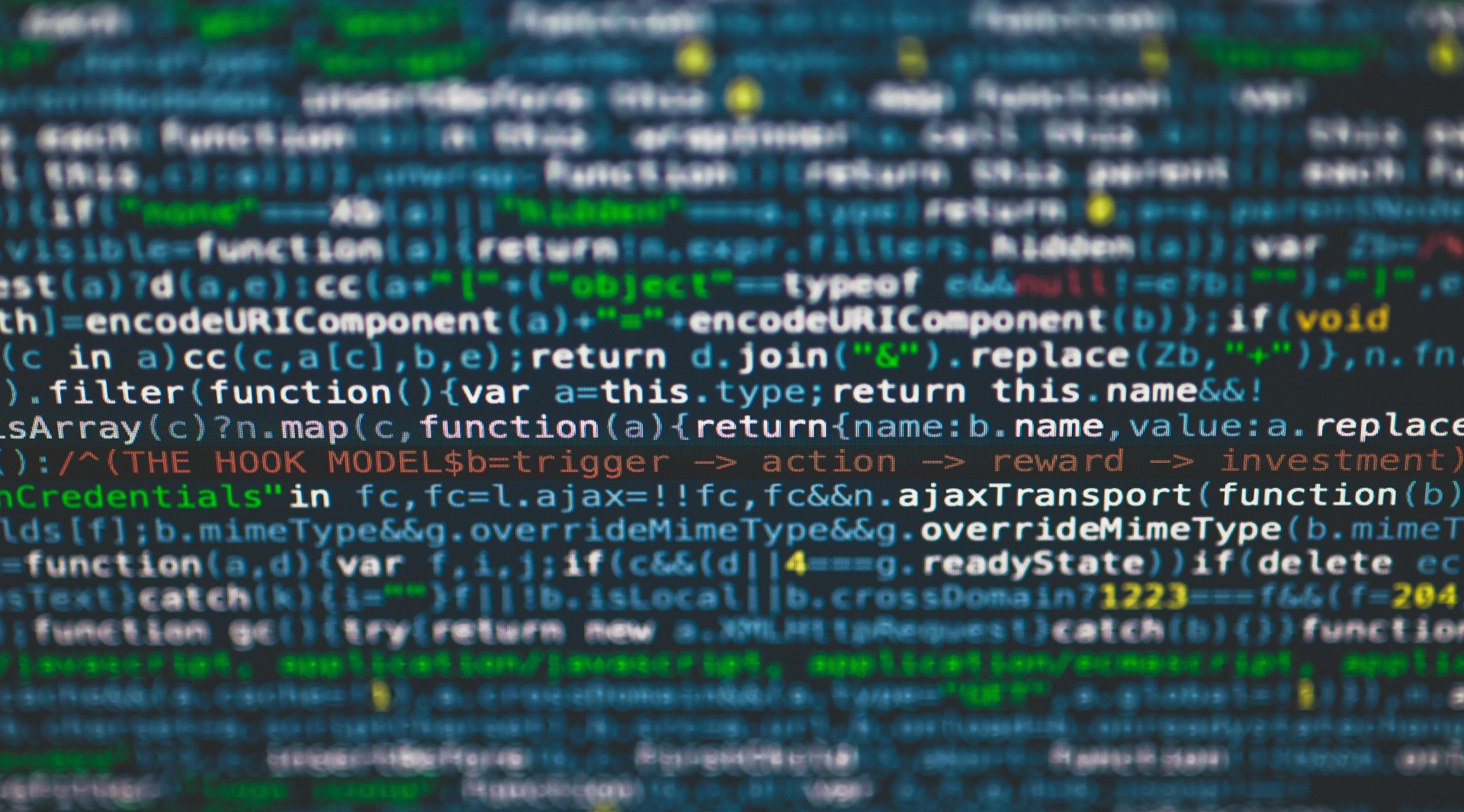EVENTS
AI and the Future of Work
- October 22, 2025 4:00 PM - 7:00 PM

There is no doubt that artificial intelligence will have a transformative impact on the workplace and on workers. There is the potential for significant economic benefit, and many new types of jobs may emerge that don’t currently exist. Equally, other types of roles will change significantly and some will disappear completely.
What are these changes likely to be, and how can companies and governments prepare? In Northern Ireland, Matrix (Northern Ireland’s independent advisory body on science and technology) has recently published a report on AI and the Future of Work, exploring the benefits, impacts and implications. The report was commissioned on behalf of the Department for the Economy to explore how Northern Ireland can position itself at the forefront of AI-driven economic transformation whilst addressing the profound societal and ethical questions arising from AI's impact on work, workers, and the nature of employment.
In this event, which is being jointly organised by the Foundation for Science and Technology, Matrix, and Queen’s University Belfast, we will take this new report as a starting point for our discussion. These are just some of the questions we hope to explore, drawing on the expertise of our panel.
- What are the implications for the world of work in Northern Ireland?
- What should the Northern Ireland Assembly, companies, universities, the UK Government and others be doing to ensure training (and retraining) is in place, and that no-one is left behind in this profound transition?
- What can Northern Ireland learn from elsewhere – and vice-versa?
|
The Rt Hon the Lord Willetts FRS Chair, The Foundation for Science and Technology |
|
Patricia O'Hagan Deputy Chair, Matrix |
|
Professor Helen McCarthy Chief Scientific and Technology Adviser, Northern Ireland Assembly |
|
Professor Philip Hanna Dean of Education, School of Electronics, Electrical Engineering and Computer Science, Queens University Belfast |
|
Dr David Jordan Lecturer in Economics, Queens University Belfast, and Ministerial Adviser on Productivity |
Matrix
Queens University Belfast
